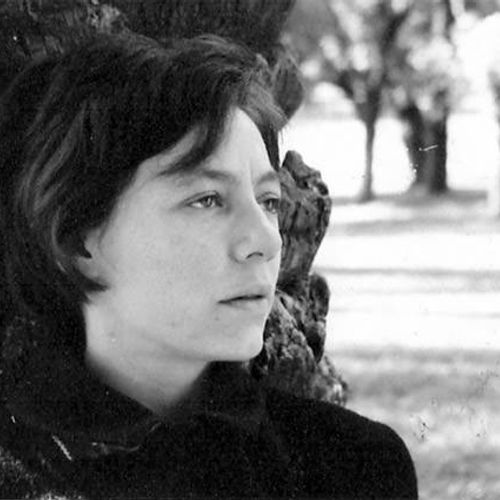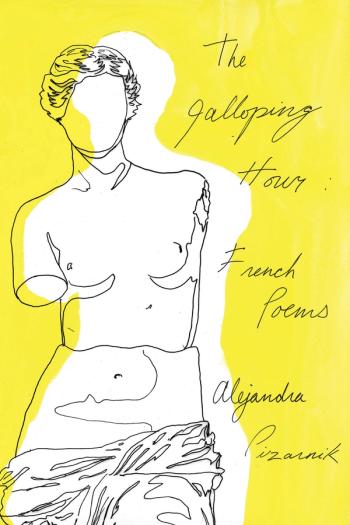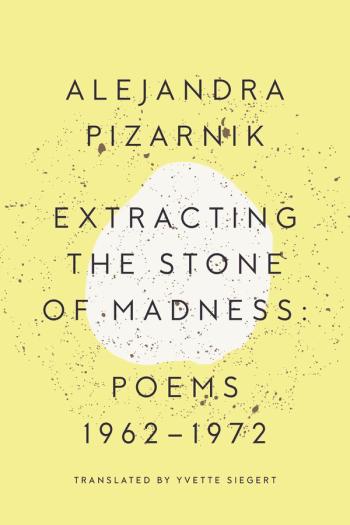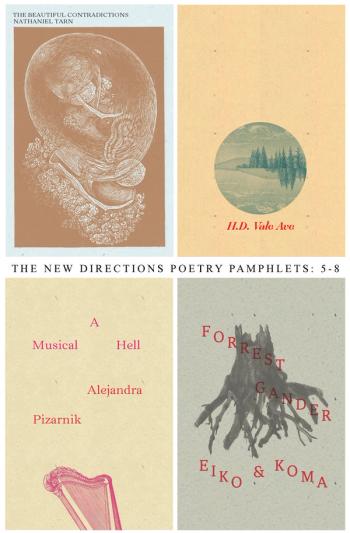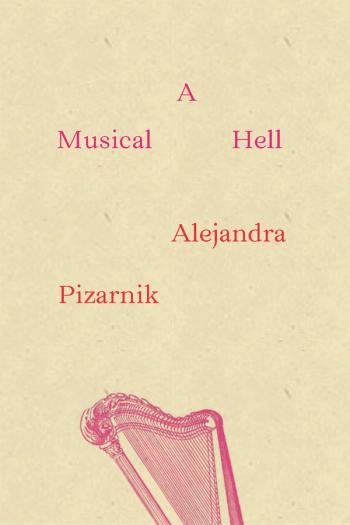Alejandra Pizarnik
One of the most significant contributors to twentieth-century Argentine poetry, Alejandra Pizarnik made a name for herself through her dark themes and diction. Heavily influenced by Rimbaud and Artaud, Pizarnik believed that suffering was intrinsic to the creation of great poetry. This concession to misery was apparent in her work as her writing was often filled with themes of solitude, estrangement, madness, and death—yet also included moments of tenderness. During her short lifetime she wrote seven books of poetry and one book of prose, as well as numerous translations, short stories, essays, and drawings. In 1968 she was awarded a Guggenheim Fellowship and later in 1971 she received a Fulbright Scholarship. Pizarnik struggled with depression and ended her life in 1972.
